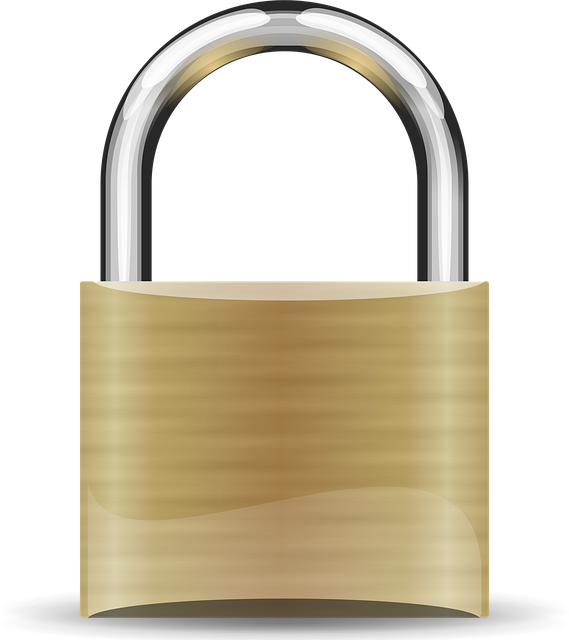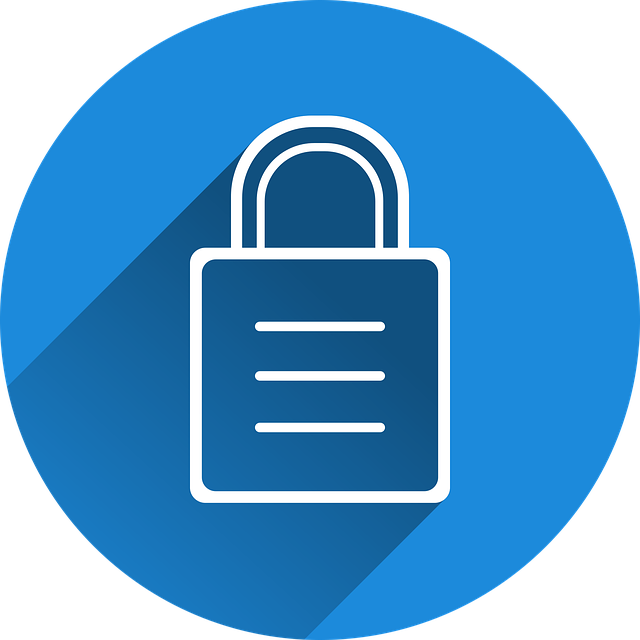Securing student apartments involves vigilance against fraud and misrepresented conditions through thorough research of landlords' reputations and lease agreements. Prioritize well-maintained properties with robust security like access cards, surveillance cameras, smoke detectors, fire extinguishers, and secure entry systems. Well-lit spaces enhance safety. Verify landlords' licenses, insurance, online reviews, and conduct background checks on property owners to mitigate risks and ensure a positive off-campus housing experience.
Securing safe student apartments is paramount for a positive off-campus living experience. This guide navigates the essential aspects of ensuring your well-being while renting. We explore the unique risks associated with off-campus housing and equip students with knowledge to identify red flags. From understanding necessary safety features like security systems and emergency preparedness plans, to verifying landlords’ credentials and reputation, these strategies empower tenants to make informed choices, fostering a sense of security in their new living space.
- Understanding Off-Campus Housing Risks
- Essential Safety Features in Student Apartments
- Verifying Landlord's Credentials and Reputability
Understanding Off-Campus Housing Risks

Off-campus housing presents unique challenges for students seeking secure lodging. Unlike on-campus accommodations, student apartments often lack direct oversight from university authorities, leaving potential risks unaddressed. Tenants must be vigilant in understanding and mitigating these dangers. One primary concern is fraud, where unscrupulous landlords may misrepresent property conditions or charge excessive fees. Securing student apartments requires thorough research into the landlord’s reputation and a detailed review of lease agreements to avoid such pitfalls.
Additionally, safety features like working smoke detectors, fire extinguishers, and secure entry systems are essential but not always guaranteed in off-campus housing. Students should prioritize living in well-maintained properties with robust security measures. Regular communication with neighbors and local community groups can also enhance security awareness, fostering a proactive approach to identify and address potential hazards before they escalate.
Essential Safety Features in Student Apartments

When it comes to securing student apartments, essential safety features are non-negotiable. Look for apartments that incorporate robust security systems, such as controlled access with key cards or codes, and surveillance cameras in common areas and entry points. These measures significantly reduce the risk of unauthorized entry and provide peace of mind for tenants.
Additionally, reliable fire safety mechanisms, including smoke detectors, fire alarms, and easy-to-access fire extinguishers, are crucial. Well-lit hallways and common spaces also deter potential dangers. Student apartments that prioritize these essential safety features offer a safer living environment, ensuring residents feel secure while away from home.
Verifying Landlord's Credentials and Reputability

When considering off-campus housing, one of the most crucial steps in ensuring safe lodging is verifying the landlord’s credentials and reputation. Students should not hesitate to ask for proof of licensure and insurance, which can offer some protection against unethical practices. Online reviews from previous tenants can also paint a clear picture of the landlord’s track record and help identify potential red flags.
A simple background check on the landlord or property management company can go a long way in securing student apartments. This includes verifying their financial stability and checking for any legal issues or complaints from previous tenants. By taking these proactive measures, students can significantly reduce the risk of falling victim to scams or unsafe living conditions, making their off-campus housing experience much more positive.
